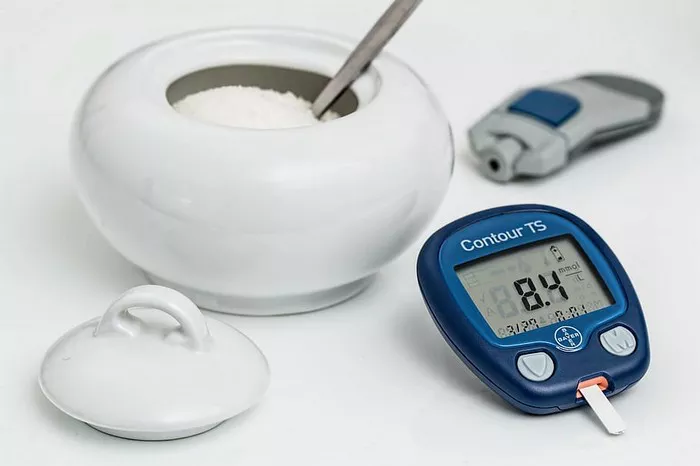Stress-induced hyperglycemia is a physiological response characterized by elevated blood sugar levels in individuals without diabetes, triggered by various physiological or psychological stressors. While temporary in nature, stress-induced hyperglycemia can have significant implications for health and well-being. In this article, we explore the definition, mechanisms, contributing factors, symptoms, diagnosis, management strategies, prevention, and the importance of consulting healthcare providers regarding stress-induced hyperglycemia in non-diabetic individuals.
Stress-Induced Hyperglycemia
Stress-induced hyperglycemia refers to the temporary elevation of blood sugar levels in response to physiological or psychological stressors. Unlike diabetes, where hyperglycemia is a chronic condition, stress-induced hyperglycemia occurs acutely and is typically transient.
Mechanism of Stress-Induced Hyperglycemia
The underlying mechanism of stress-induced hyperglycemia involves the activation of the body’s stress response system. In times of stress, the hypothalamus-pituitary-adrenal (HPA) axis is activated, leading to the release of stress hormones such as cortisol and adrenaline. These hormones stimulate the liver to release glucose into the bloodstream, raising blood sugar levels to provide the body with additional energy to cope with the stressor.
Factors Contributing to Stress-Induced Hyperglycemia
Several factors can contribute to stress-induced hyperglycemia, including acute illness, surgery, trauma, emotional stress, medications (such as corticosteroids), and certain medical conditions. These stressors can disrupt normal glucose regulation mechanisms, leading to temporary spikes in blood sugar levels.
Symptoms and Effects
The symptoms of stress-induced hyperglycemia may include increased thirst, frequent urination, fatigue, blurred vision, and in severe cases, ketoacidosis or hyperosmolar hyperglycemic state (HHS). While transient, stress-induced hyperglycemia can still pose risks, particularly in vulnerable individuals.
Diagnostic Criteria
Diagnosing stress-induced hyperglycemia typically involves measuring blood glucose levels during periods of stress or illness. Elevated blood sugar levels above normal ranges in individuals without pre-existing diabetes may indicate stress-induced hyperglycemia.
Management Strategies
Managing stress-induced hyperglycemia in non-diabetics involves addressing the underlying stressors and implementing stress reduction techniques. Stress management strategies may include relaxation exercises, mindfulness practices, counseling, and engaging in regular physical activity. Maintaining a healthy lifestyle, including a balanced diet and adequate hydration, is also important for managing blood sugar levels during times of stress.
Prevention
Preventing stress-induced hyperglycemia involves proactive stress management and avoiding known stress triggers where possible. Engaging in stress-reducing activities, practicing self-care, and maintaining overall health and well-being can help prevent stress-induced spikes in blood sugar levels.
Consultation with Healthcare Provider
Individuals experiencing stress-induced hyperglycemia should consult with their healthcare provider for personalized advice and guidance. Healthcare professionals can offer tailored recommendations, monitor blood sugar levels, and may suggest further evaluation or treatment if necessary to manage stress-induced hyperglycemia effectively.
Conclusion
In conclusion, stress-induced hyperglycemia is a common physiological response to stressors in non-diabetic individuals. Understanding the definition, mechanisms, contributing factors, symptoms, diagnosis, management strategies, prevention, and the importance of consulting healthcare providers regarding stress-induced hyperglycemia is essential for promoting overall health and well-being. By addressing stressors and implementing effective stress management techniques, individuals can better manage stress-induced spikes in blood sugar levels and maintain optimal health.
Related Topics:
Blood Glucose vs Blood Sugar: What is the Difference?

























